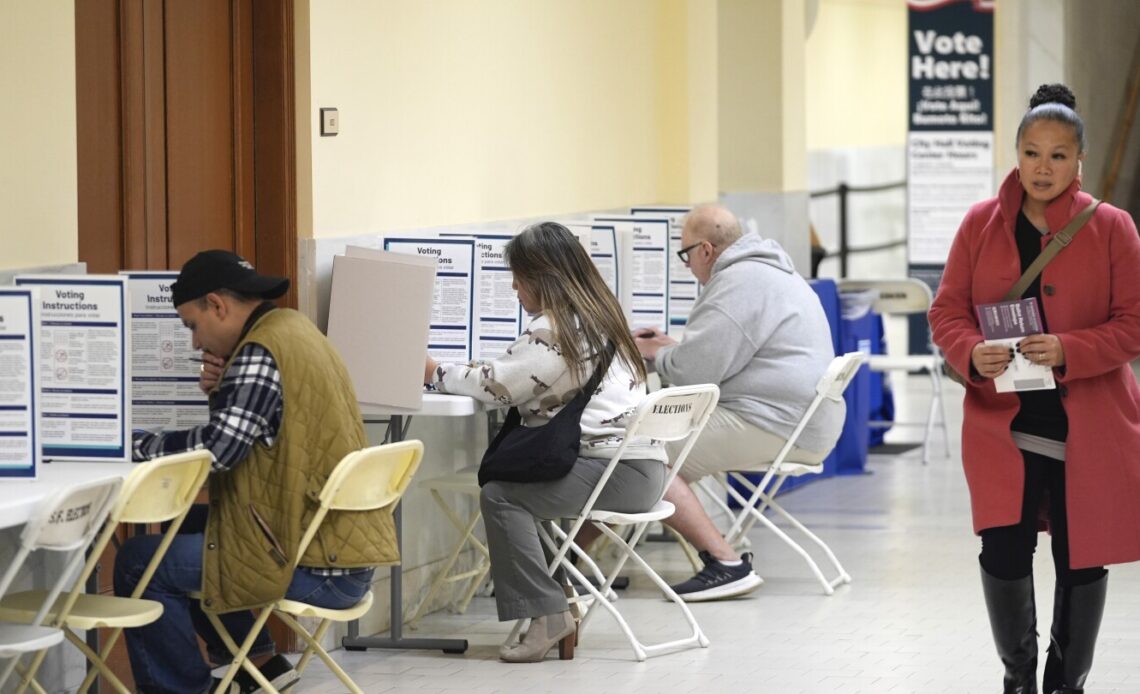WASHINGTON (AP) — When he first emerged on social media, the user known as Harlan claimed to be a New Yorker and an Army veteran who supported Donald Trump for president. Harlan said he was 29, and his profile picture showed a smiling, handsome young man.
A few months later, Harlan underwent a transformation. Now, he claimed to be 31 and from Florida.
New research into Chinese disinformation networks targeting American voters shows Harlan’s claims were as fictitious as his profile picture, which analysts think was created using artificial intelligence.
As voters prepare to cast their ballots this fall, China has been making its own plans, cultivating networks of fake social media users designed to mimic Americans. Whoever or wherever he really is, Harlan is a small part of a larger effort by U.S. adversaries to use social media to influence and upend America’s political debate.
The account was traced back to Spamouflage, a Chinese disinformation group, by analysts at Graphika, a New York-based firm that tracks online networks. Known to online researchers for several years, Spamouflage earned its moniker through its habit of spreading large amounts of seemingly unrelated content alongside disinformation.
“One of the world’s largest covert online influence operations — an operation run by Chinese state actors — has become more aggressive in its efforts to infiltrate and to sway U.S. political conversations ahead of the election,” Jack Stubbs, Graphika’s chief intelligence officer, told The Associated Press.
Intelligence and national security officials have said that Russia, China and Iran have all mounted online influence operations targeting U.S. voters ahead of the November election. Russia remains the top threat, intelligence officials say, even as Iran has become more aggressive in recent months, covertly supporting U.S. protests against the war in Gaza and attempting to hack into the email systems of the two presidential candidates.
China, however, has taken a more cautious, nuanced approach. Beijing sees little advantage in supporting one presidential candidate over the other, intelligence analysts say. Instead, China’s disinformation efforts focus on campaign issues particularly important to Beijing — such as American policy toward Taiwan — while seeking to undermine confidence in elections, voting and the U.S. in general.
Officials have said it’s a longer-term…

